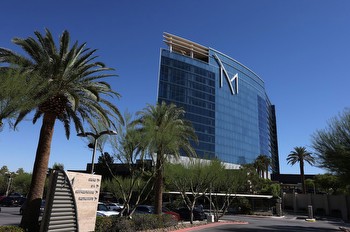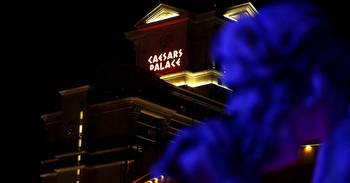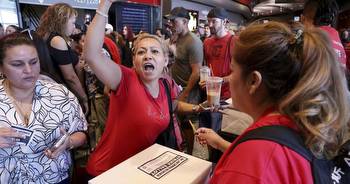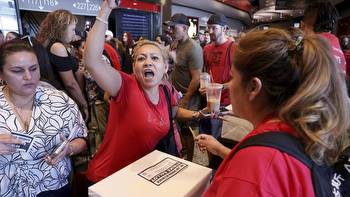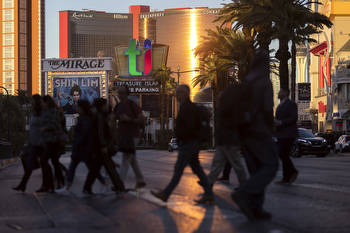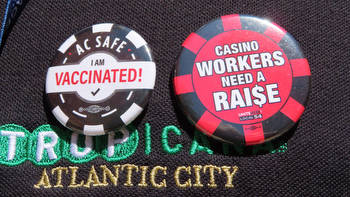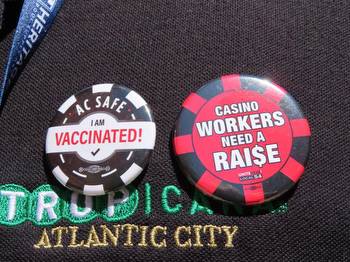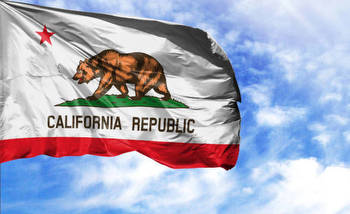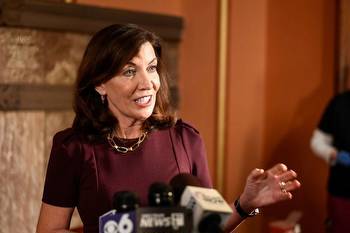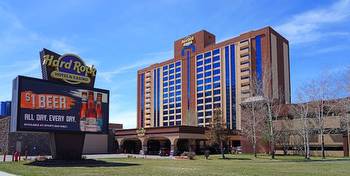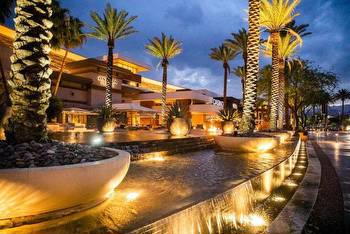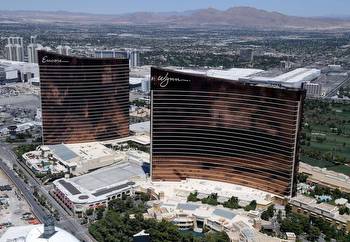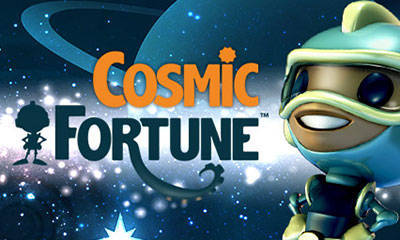Casinos want to pay for California’s social ills. Why not Nevada’s?
Four casino companies with big footprints in Nevada want on-line sports betting rights in California, and they’re willing to pay a ten percent gaming tax that would assist indigenous people, fund homeless services, and mental health treatment in the Golden State.
The proposed ballot measure, the California Solutions to Homelessness and Mental Health Support Act, is expected to raise hundreds of millions of dollars a year, with 85% of tax revenue benefitting mental health treatment and efforts to combat homelessness.
The casino companies and subsidiaries — Ballys, BetMGM, Penn National Gaming, and Wynn Interactive — pay a more modest 6.75% maximum gross gaming tax rate this side of the stateline.
Nevada, the gaming pioneer, set the bar low when it established its gaming tax rate in 1946. As gambling proliferated and casino companies sought new, increasingly scarce locations sometimes subject to caps, the price of doing business has gone up.
Paradoxically, Nevada, the trailblazer, has long suffered the ills of gaming without the offset of higher tax revenues to address them.
Former legislator and mental health professional Sheila Leslie says she’s unaware of any effort by gambling companies in Nevada to step up and pay for homeless services and mental health treatment.
“It sounds like a great idea,” she told the Current.
Online gambling is expected to generate $127 billion in revenue by 2027, according to Grand View Research.
“The present model seems to be with the rapid expansion of both sports betting, casinos, and iGaming across the U.S. that the operators will pay whatever price the jurisdiction wants,” says Richard Schuetz, a former California Gaming Commissioner and consultant. “This is why a state like Pennsylvania generates the largest tax benefit from gaming in the U.S.”
Would gaming companies be willing to pay a higher tax rate to address homelessness and mental health in Nevada?
MGM owns nine resorts on the Las Vegas Strip, which generate more revenue than its other holdings in the U.S. and Asia, according to its filings with the Securities and Exchange Commission. The company did not respond to requests for comment.
MGM pays a 12% gross gaming tax in Mississippi, 8% plus a 1.25% community alternative investment tax in New Jersey, and in Maryland, which has some of the highest gaming tax rates in the nation, the gaming giant pays taxes of 67% on slots and 20% on table games.
Penn National Gaming, which owns the Tropicana, M Resort, and numerous casinos in states with higher taxes than Nevada, also did not respond.
Wynn Resorts, which owns the Wynn and Encore, pays a 25% gross gaming tax at its Boston Harbor casino in Massachusetts, and 39% of its gross gaming revenue at its Macau resorts. The company declined to comment.
Bally’s also declined to comment.
The Nevada Resort Association said it had no involvement in California.
“The Nevada model seems to be one of the trickle-down variety that posits a belief that a very low tax rate results in the greatest benefit to the overall community,” Schuetz said. “I suspect that is true if you include out of state REITs, hedge funds, and private equity as part of the community.”
Schuetz says some of the same players in the California online sports betting effort are attempting a similar feat in Florida, but with tax proceeds slated for education.
The dismal rankings at the schools in Nevada possibly demonstrate that the trickle down does not trickle down to all,” Schuetz added.








